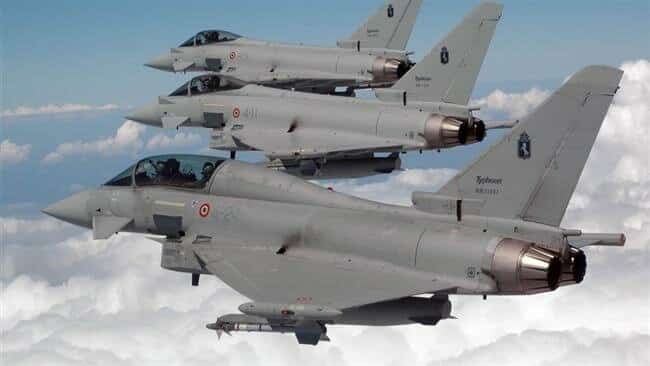According to the spokesperson for the Iranian armed forces, Colonel Turki al-Malki, the attack carried out on Saturday September 14, 2019 would have been led by weapons of Iranian origin, according to the first results of the investigation currently being carried out. He also specifies that the attacks were not carried out from Yemen, as the Houthi rebels claim, without specifying this origin however. It also seems that the thesis of a drone attack is increasingly being called into question, in favor of an attack by cruise missiles, more consistent with the damage caused.
The Saudi authorities seem to want to take all the necessary precautions to identify the culprit of these attacks which deprived the country of half of its crude oil export capacities, and caused an increase of nearly 10% in the price of a barrel of crude oil. on global marketplaces this Monday. Indeed, according to Crown Prince Mohammed Bin-Salman, the Kingdom is ready to carry out retaliatory attacks against the sponsor of the attack, knowing full well that everything points to Tehran.
A retaliatory attack against Iran, led by Saudi Arabia, would likely trigger a widespread conflagration in the region, with significant consequences on the global oil market, more than 25% of which passes through the Strait of Hormuz. From then on, Riyadh intends to ensure the support of its main allies such as the United Arab Emirates and the United States, as well as its European, Chinese and Israeli partners.

As such, President Trump has already declared, on Twitter as usual, that he was ready to militarily support an attack against the Kingdom's aggressors. The Chinese authorities have expressed great concern about the consequences of such an action. Indeed, the previous large-scale energy crisis, consequences of the Iran-Iraq war in 1979-1980, triggered a 9% reduction in global supplies in a market of 60 million barrels per year, with very significant consequences on the growth and the global economy. A conflict between Saudi Arabia and Iran today could threaten 15% to 20% of global oil supplies in a market of 80 million barrels per year, causing consequences not only for Western countries, but for emerging countries, particularly China and India, with significant risks of instability.
Furthermore, such a conflict would undoubtedly condemn European efforts to try to preserve what remains of the Vienna agreements, which, if they were to be definitively abandoned, could lead to Israel to carry out raids against Iranian nuclear facilities, with probable contagion from the conflict in Iraq, Syria and Lebanon.
The coming days will therefore prove crucial for the future of the Middle East, which is getting darker every day.
